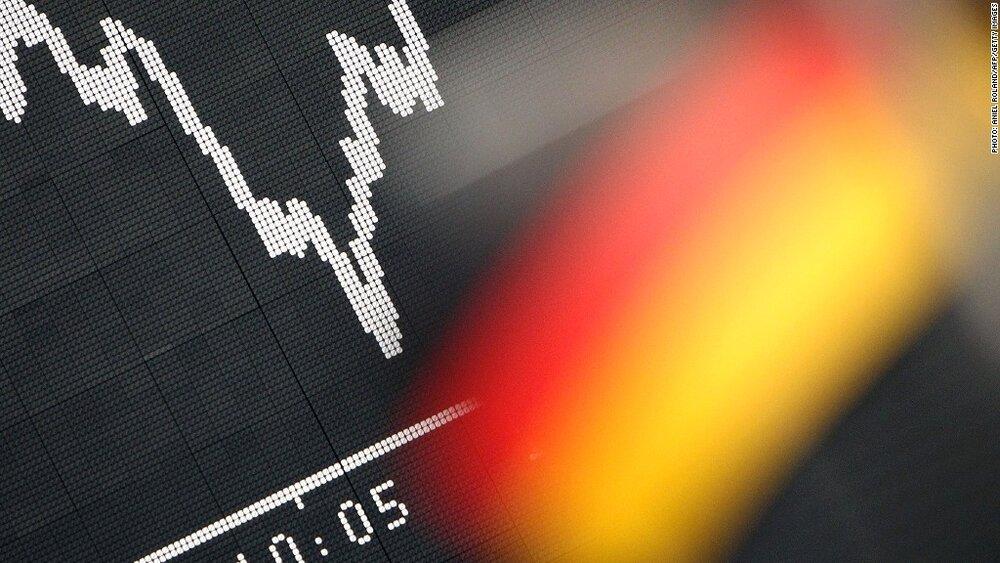According to data from the Federal Statistical Office, Germany’s gross domestic product fell by 0.2 percent based on seasonal comparison, while in the third quarter of 2022 it grew by 0.5 percent as compared to the second quarter of the same year. Of course, it is possible to talk about stagnation in the situation when an economy contracts during two consecutive quarters, and currently, for the first quarter of this year, that is until the end of March (until the 20th of the month of Farvardin), such a forecast exists among experts.
However, the forecast of the German Ministry of Economy is that the country’s economy will grow by 0.2 percent in the first quarter of 2023. The fact that, contrary to some expectations, the German economy and other European economies did not experience severe inflation due to energy prices and were able to provide the necessary energy resources for this winter, weakens the possibility of a recession in the country’s economy in 2023.
Nevertheless, in the autumn of last year, it was predicted that the German economy would decrease by 0.4 percent in the first quarter of 2023, but the number that will be realized between -0.4 percent and +0.2 percent growth largely depends on the inflation control situation in that country and management of its interest rate. Therefore, the interest rate will remain at the center of German monetary policies (like the entire European Union).
In any case, the assessment of the Bundesbank indicates that despite the reduction of tension and uncertainty in the energy markets, the possibility of a technical recession for the first quarter of 2023 in Germany is not out of mind.
The continuous increase in the general level of prices led to a decrease in the purchasing power of households and a decrease in private consumption, which is considered as a factor in reducing total expenditures. But the whole story is not on the consumption side, and more than a third of the companies do not have positive expectations about the current year.
The importance of the possibility of the German economy entering economic recession is due to the fact that the German economy is considered as the driving force and the economic center of the European Union. Germany supplies about 52 percent of its imports from EU countries; in other words, the economy of that country requires a significant part of the goods and services of the European Union, and the slowdown of the economy of that country can lead to a decrease in the demand for this amount of goods and services.
Countries such as the Czech Republic, Hungary, Poland, Romania and Slovakia send about 25-30 percent of their exports to Germany, and in terms of monetary value, 2.2 percent or something close to 290 billion euros of goods and services are exported to Germany. Therefore, if the economic recession in Germany deepens, then in addition to its chain effect on the economic recession in the mentioned countries, the probability of unemployment in those countries will also increase.
From another angle, the German economy is known as a safe haven for direct foreign investment, and the huge investments of companies such as Tesla and Intel in Germany show that even if the country is caught in a recession, its intensity will not be high and its period will not be long.
However, German industries are highly dependent on energy, and as a result, the various scenarios of the country’s possible entanglement in recession or its success in not getting entangled in that situation depend on the continuity of the country’s energy management. Meanwhile, although the experience of the drop in gas prices in winter for European countries showed that the deep recession scenario does not have much weight, continuation of such success depends on the supply of diverse and alternative sources of energy and further development of new energies in the European Union.










0 Comments